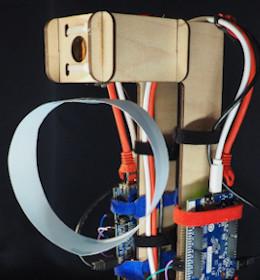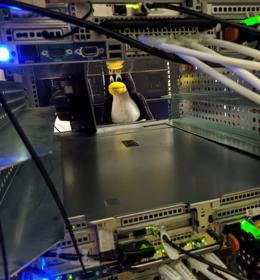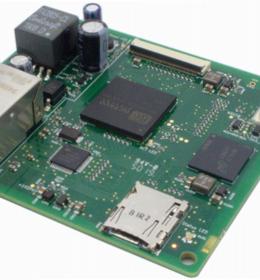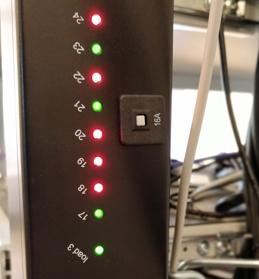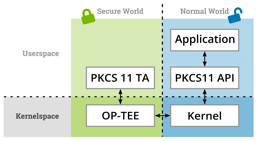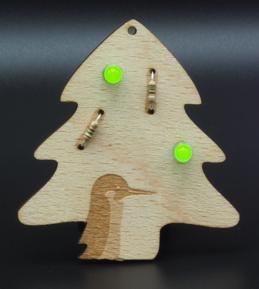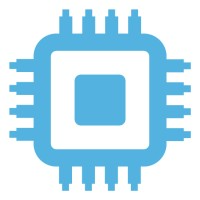Blog
Showcase: Preempt RT and Time Sensitive Networking
Nowadays, even small and cheap microcontrollers offer enough calculation power to perform time critical tasks within an industrial environment. However, as soon as actors and sensors are spread over an entire facility and are to be connected over Ethernet, the actual moment when a data packet will get processed becomes very hard to predict. At this point, Linux running a Preempt RT Kernel altogether with a network featuring Time Sensitive Networking (TSN) capabilities can help.
Showcase: Continuous Testing
About 70,000 patches go into the Linux kernel every year, and many of them are bug fixes. The same applies to most other open source projects that are part of a modern Linux system. In order to benefit from the work in the community, the sensible strategy is to constantly update to the latest software version and keep the system up to date. Of course, with this amount of changes, new bugs can be added or incompatibilities can arise.
Showcase: Embedded off-the-shelf
A firmware upgrade is due. A newly implemented feature needs to be rolled out, a security issue patched or new hardware support added. The software, while capable, is complex. Pengutronix' strategy to handle this complexity is working on a version- controlled Board Support Package (BSP) with continuous updates and tests on the latest mainline Linux kernel.
Showcase: Remote Working
Project work with our customers includes the handling of hardware prototypes. Since work is generally done in parallel, on many project for many customers, there is a constant flood of hardware prototypes accumulating on the desks of our developers. These accumulations of loose boards can become a problem. This is especially the case when a number of people work on a prototype. Another common annoyance occurs when a project has not been worked on for a period of time, as this might involve moving the hardware from one desk (or storage location) to another and setting it up again. Right now, in a situation where working from home is more common and relevant than ever, this has become even more of an issue. The distances between desks and storage locations of our developers are now measured in kilometers, rather than meters.
Using OP-TEE to Authenticate IoT Devices
Deploying IoT devices into the field poses the question of how to authenticate these devices against your own services. While software authentication of bootloader, kernel, and filesystems ensures that only trusted software is run on the device, preventing extraction of authentication data from the device requires the use of a Trusted Platform Module (TPM) or equivalent mechanisms. This blog post introduces OP-TEE and PKCS#11 as a software alternative.
Pengutronix at FOSDEM 2021
"FOSDEM is a free event for software developers to meet, share ideas and collaborate. Every year, thousands of developers of free and open source software from all over the world gather at the event in Brussels. In 2021, they will gather online." -- FOSDEM
RAUC v1.5 Released
This release fixes a vulnerability in RAUC that can be exploited under certain circumstances to achieve a local privilege escalation. It provides both a mitigation for the vulnerability when using the existing bundle format as well as a new bundle format that uses dm-verity to continuously authenticate the update data while it is installed.
Pengutronix Christmas Tree
With the outside world getting colder and the days becoming shorter, we at Pengutronix decided to bring a bit of light in these dark days of the year.
Pengutronix at Live Embedded Event
Now that, due to the COVID-19 pandemic, everyone has gotten used to digitalisation and online conferences - it has never been easier to organise a conference and bring together all experts and interested parties for a few hours of intensive exchange of ideas on a certain topic.
Pengutronix at ESE Kongress
The Embedded Software Engineering Kongress is also taking place online this year and we would like to take the opportunity of easy participation to watch the lectures, join in the discussions and get into conversation.


